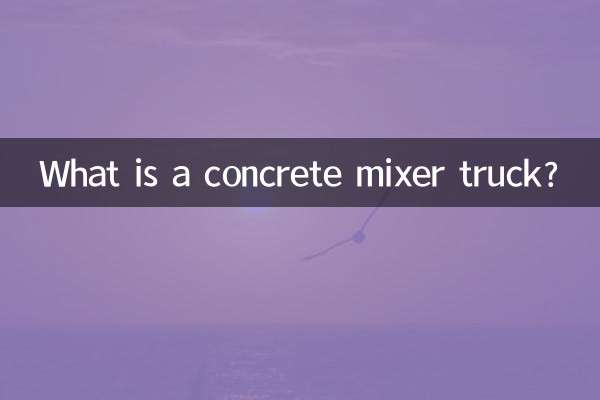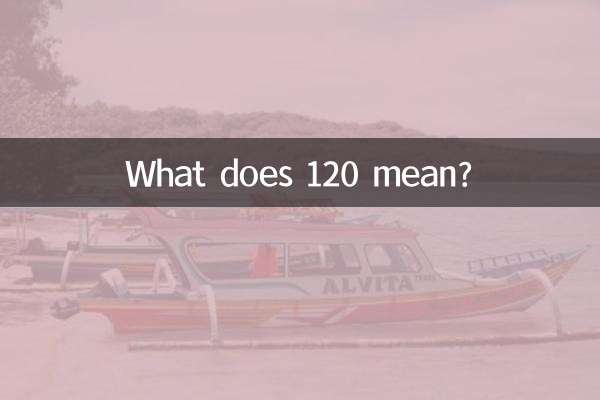What qualifications are needed for gravel processing?
With the rapid development of the construction industry, gravel, as an important building material, has an increasing demand for its processing. However, gravel processing is not arbitrary and requires corresponding qualifications and procedures. This article will analyze in detail the qualifications, processes and precautions required for gravel processing, and attach relevant data tables to help you quickly understand the industry requirements.
1. Basic qualification requirements for gravel processing

Crushed stone processing involves many aspects such as environmental protection, safety, land, etc., so the following main qualifications are required:
| Qualification type | Specific requirements | Handling department |
|---|---|---|
| business license | Register a company or self-employed business, and make it clear that the business scope includes sand and gravel processing | Market Supervision Bureau |
| Environmental approval | Ensure that dust, noise, etc. meet standards through environmental impact assessment reports | Bureau of Ecology and Environment |
| mining license | If mining is involved, mining rights must be obtained | natural resources bureau |
| Safety production license | Comply with safety production conditions and pass acceptance | Emergency Management Bureau |
| Land use approval | Legal land use, industrial land or temporary land use permit | Natural Resources Bureau/Township Government |
2. Handling procedures and matters needing attention
1.Business license application: Legal person identity certificate, site certificate and other materials need to be provided, and the business scope must be clearly stated as "sand and gravel processing" or "building materials production".
2.Environmental approval: Crushed stone processing is prone to producing dust and noise. Environmental impact assessment reports must include pollution prevention and control measures. Some areas require the installation of online monitoring equipment.
3.mining license: If the raw materials come from self-owned mines, reserve reports, mining plans, etc. must be submitted; if raw materials are purchased from external sources, proof of legal sources must be provided.
4.Safety production management: Equipment must comply with national standards, operators must be trained and certified, and undergo regular safety inspections.
3. Recent hot topics and policy developments
In the past 10 days, the hot spots in the sand and gravel industry have focused on the following aspects:
| hot topics | Content summary | Related policies |
|---|---|---|
| Environmental inspections tightened | Environmental surprise inspections of sand and gravel plants were carried out in many places, and companies that failed to meet standards were ordered to stop production. | "Air Pollution Prevention and Control Law" |
| Mineral resource integration | Some provinces are promoting the closure and reorganization of small sand and gravel mines to increase concentration. | "Mineral Resource Planning" |
| Manufactured sand replacement trend | Natural sand resources are in short supply, and the number of applications for machine-made sand production qualifications increased by 30% year-on-year. | "Guiding Opinions on Promoting the Application of Machine-made Sand" |
4. Frequently Asked Questions
Q1: Do family workshop-style gravel processing require qualifications?
A: Regardless of the scale, a business license and environmental protection procedures are required, otherwise it is an illegal operation.
Q2: Do I need qualifications for simple sieving of outsourced stones?
A: If the process involves crushing, screening and other processing links, a full set of qualifications is required; if it is only sold in separate packages, proof of the legal source of the raw materials must be provided.
5. Summary
The core of gravel processing qualifications lies inLegal compliance, need to focus on environmental protection and safety production requirements. It is recommended that enterprises consult local approval authorities before investing to avoid shelving projects due to incomplete qualifications. As industry supervision becomes stricter, standardization and scale will become the future development trend.

check the details

check the details